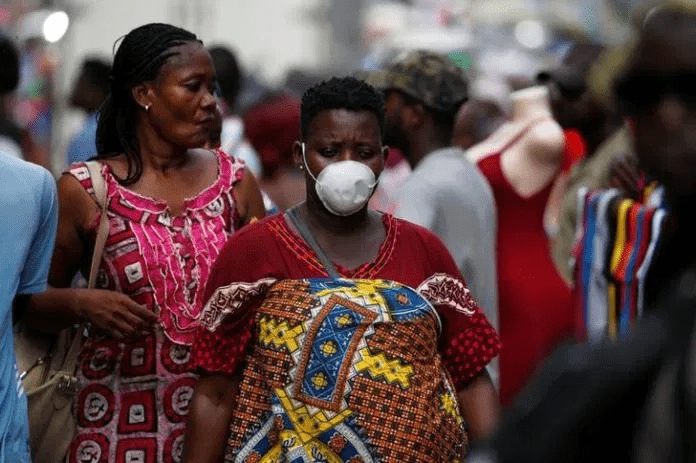Sports journalist and co-host of the Happy Morning Show is campaigning for a ‘Spread fear, Not Calm’ campaign contrary to the popular ‘Spread Calm, Not fear’ campaign that has been advocated in the media to reduce fear and panic amid the Coronavirus pandemic.
According to him, the current campaign is the cause of carelessness on the part of Ghanaians in the spread of the coronavirus disease.
Contributing to the discussion of how and why Ghana’s Coronavirus cases continues to increase on the Happy Morning Show, he stated: “the person who coined the phrase ‘Spread Calm, Not Fear’ has done the nation great disservice. When America, China, Italy and Spain were overwhelmed, we were here preaching calm not fear when we should have spread fear for people to know that the disease is very scary. The exponential spread is massive. People felt that because we were preaching calm, the disease was not scary. People were doing what they like because they had not seen anyone dying from the disease”.
He furthered that the Government is “suppressing the impact of the sickness” by informing the citizenry that we have minimal deaths.
“We keep preaching that only twenty-two people have died. Again, suppressing the impact of the sickness. We have about 4,606 people being treated in various facilities. All these people are at risk because the sickness behaves very funny. We don’t know when we will begin to record a rampant rate of death in the country. So instead of spreading calm we should spread fear. People have to fear the sickness”, he added.
The Spread Calm, Not Fear campaign was introduced by the Ministry of Information to discourage the spread of false information around Coronavirus.
However, with the surge in coronavirus cases, many Ghanaians have questioned whether this campaign is causing negligence on the part of Ghanaians.
By: Alberta Dorcas N D Armah
